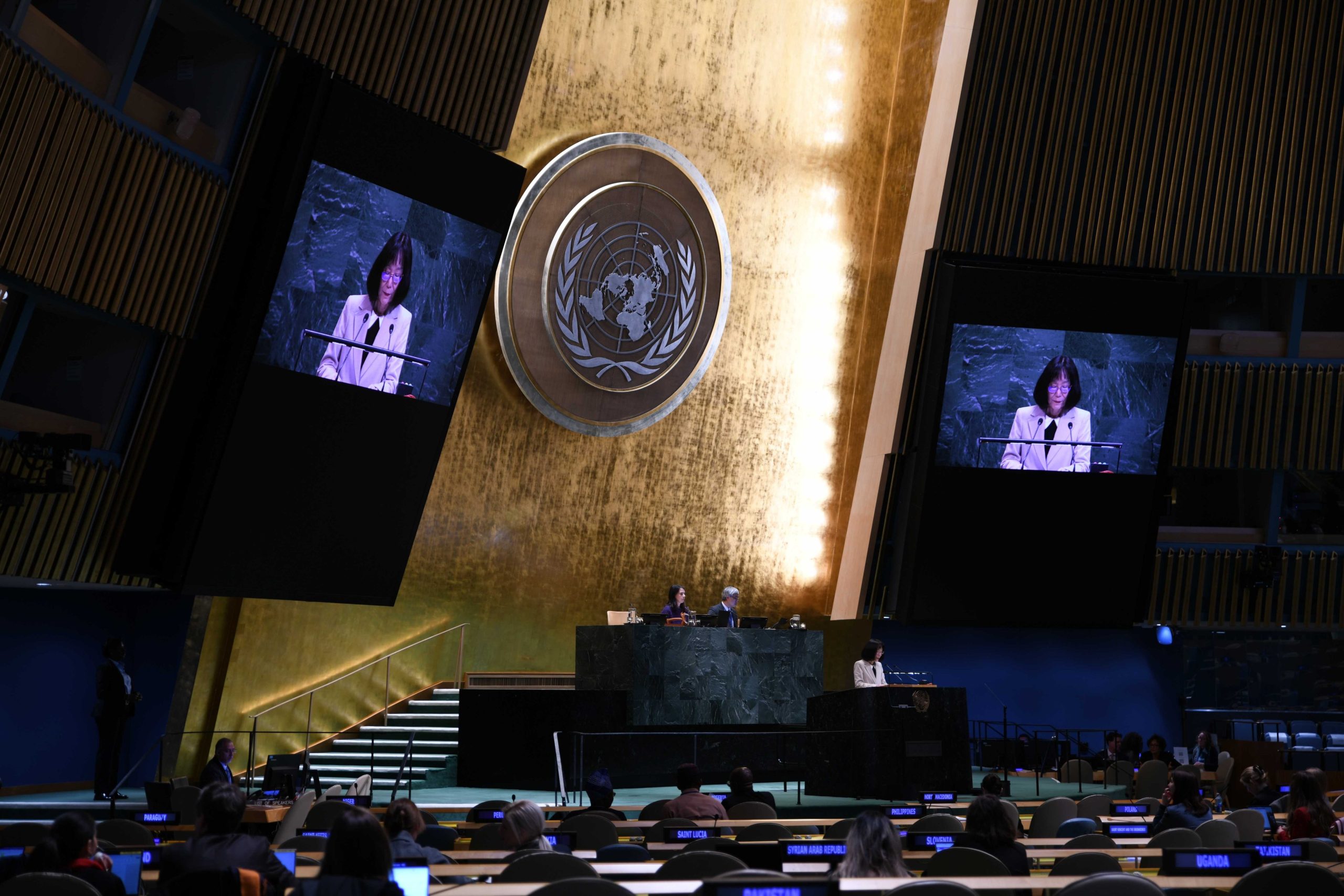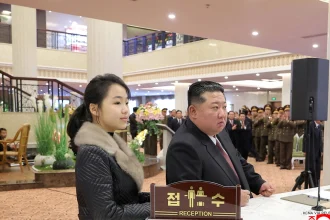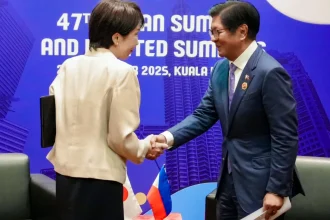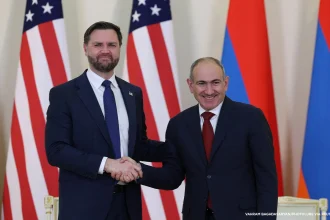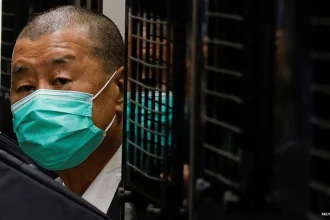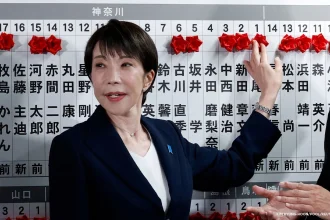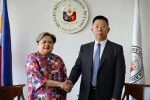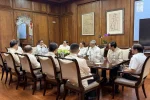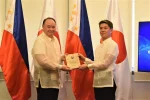
Metro Manila, Philippines – The president of the International Criminal Court, Judge Tomoko Akane, called on nations to defend the court’s independence and renew their commitment to the rule of law as she presented the ICC’s annual report to the United Nations General Assembly on Nov. 11.
Speaking in New York, Akane said the ICC continues to face “attacks, threats and coercive measures” against its officials and emphasized that respect for judicial independence is essential to international justice.
“Universality of the Rome Statute is one of the most important means to increase the Court’s legitimacy and reinforce the commitment made by the international community when the Court was established,” Akane told delegates. She said the ICC would keep working toward wider membership and full implementation of its founding treaty “together with its partners.”
The ICC president outlined a heavy caseload across all stages of proceedings, including trials, appeals and reparations. She highlighted the court’s ongoing efforts to give victims of mass atrocities a central role in justice processes.
“The Court gives victims a voice, a space to tell their stories, and the hope that truth will be acknowledged and responsibility established,” Akane said. “Providing suffering humanity with hope and truth is at the very core of the Court’s raison d’être.”
Akane said maintaining the international rule of law “is a perpetual endeavour which requires collective action by the international community and the full use of the tools and institutions that exist to safeguard the international legal order.”
“Despite all the challenges,” she added, “the International Criminal Court will continue to carry out its judicial mandate to deal with individual criminal responsibility, with full independence and impartiality.”
During her visit, Akane met with UN Secretary-General António Guterres to discuss strengthening cooperation between the ICC and the world body. She also conferred with Annalena Baerbock, president of the 80th session of the General Assembly, and with UN Legal Counsel Elinor Hammarskjöld on practical ways to deepen coordination.
Akane later joined representatives from about 30 states parties at an informal exchange hosted by the Permanent Missions of the Netherlands and Sierra Leone, where she discussed “current challenges and ways in which States Parties can support the Court in the fight against impunity.”
The ICC, based in The Hague, investigates and prosecutes individuals for genocide, war crimes and crimes against humanity under the 1998 Rome Statute.



